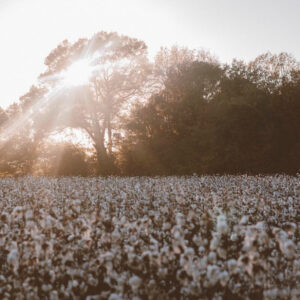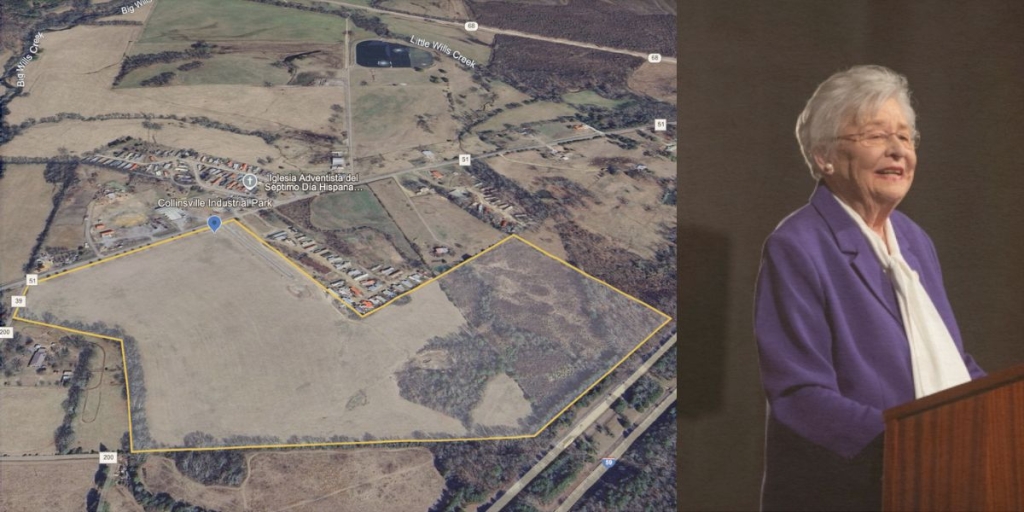In a time when many agricultural and manufacturing jobs are leaving the United States, one Alabama family-owned business is going against the grain and growing its own cotton and manufacturing from that cotton.
The business, Red Land Cotton, was co-founded by Mark Yeager and his daughter, Anna Brakefield, in Lawrence County in 2015.
For Yeager, the cotton business is nothing new.
“My dad was raised on a very small cotton farm in southern Tennessee, about 80 miles from where we are now,” said Yeager. “He went into the Navy in 1938 and served in World War II. He got into electronics in the Navy and after he got out, started his own business in Huntsville.”
“He bought a farm nearby and invested in a lot of farmland over the years.”
Brakefield, a Yellowhammer News 2022 Woman of Impact, spoke about the company’s values and one factor she thinks plays a large role in the company’s increasing success.
“We value community and bringing back the American textile industry and American jobs,” she said. “That is paramount in importance to our company.”

“I think my father and I have combined our skill sets to create a business that is truly unique. The ability to combine creativity with agriculture in a high-level way is why I think we are seeing a lot of the success that we are currently experiencing.”
The success Brakefield spoke of has recently been boosted by a partnership with retailer Banana Republic. The retail chain will now be carrying Red Land Cotton bedding products, rugs, pillows, and home décor.
In a statement, Red Land Cotton said that it was “excited to be partnering with such a well-respected American brand and look forward to this long-standing partnership.”
Since its founding, Red Land has experienced 20% year-on-year growth. In the past few years alone, that growth has changed to 30% and 40%. In 2022, the company had $11 million in sales.
Red Land Cotton products are made from cotton grown on the farm and processed through the company’s cotton gin (constructed by Yeager).
The entire cotton farm is fed by rain, so the soil can hold up during dry spells to make premium cotton.
Austen Shipley is a staff writer for Yellowhammer News.













